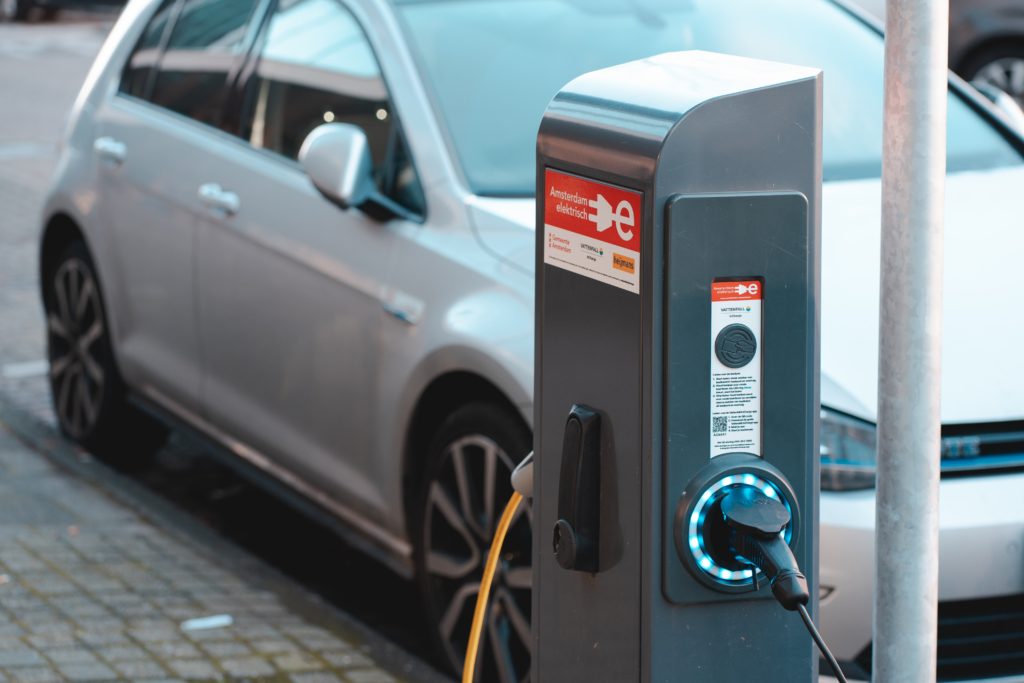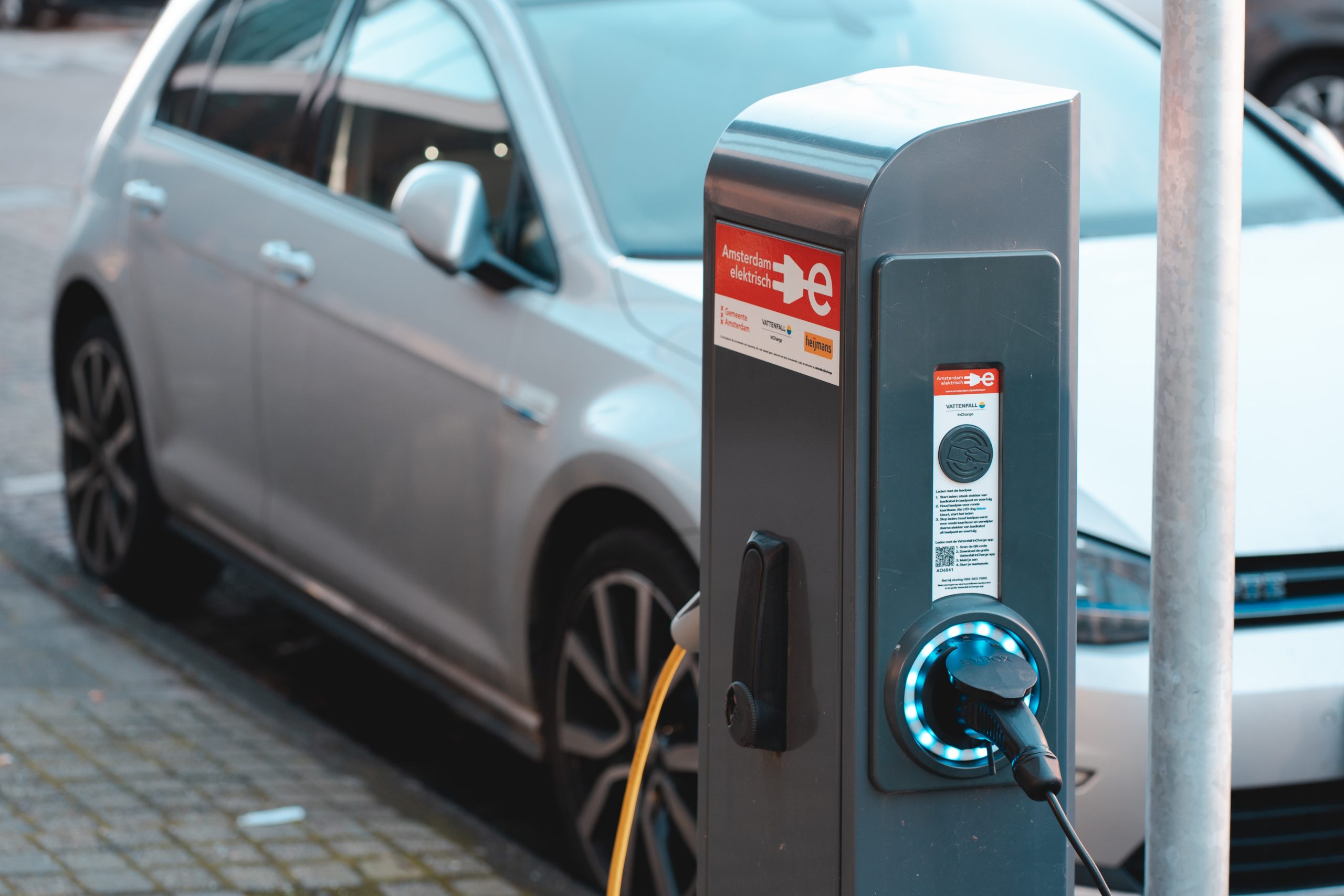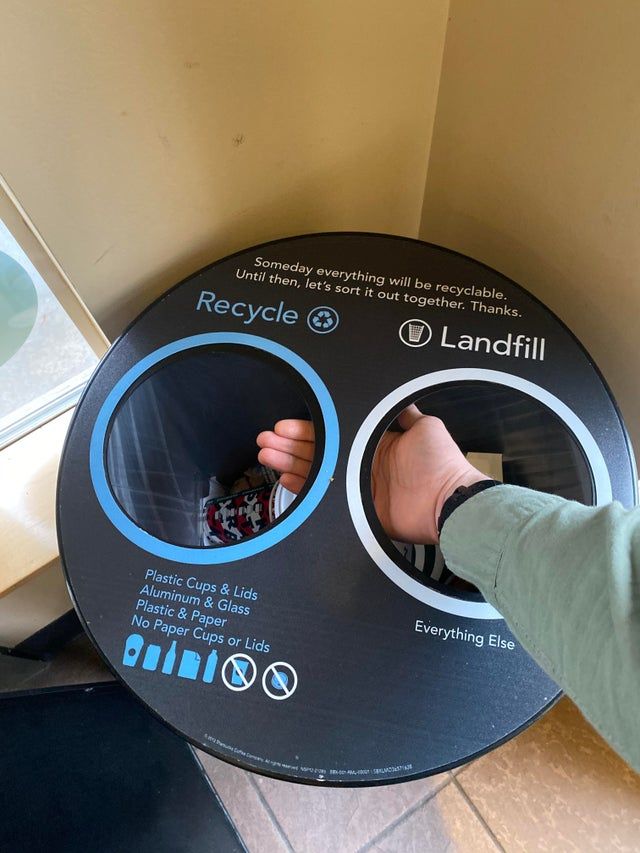By Emma Griffin

Georgia’s plethora of deals with electric vehicle corporations marks a promising development in the nationwide shift towards zero carbon emission transportation. In late April, the electric vehicle company Rivian announced a deal to build $5 billion dollar manufacturing facility outside east Atlanta, creating 7,500 new jobs. Similarly, Governor Brian Kemp announced in late May that Hyundai will be building a $5.5 billion dollar manufacturing facility in Bryan County outside Savannah. This will create 8,100 jobs, usurping the Rivian deal as the largest business deal in Georgia history.
Electric vehicles are a relatively new innovation, leaving a notable gap in research concerning environmental impacts of materials used in manufacturing, as well as a lack of cohesive policy addressing the upcoming demographic shift from gas powered cars to electric cars. Georgia will be investing a large amount of money and resources into electric vehicle manufacturing in the near future and has the potential to become a national leader for electric vehicle production. However, it is important to investigate whether Georgia is adequately prepared for this new growth and how to address issues like waste management of the electric vehicle batteries.
Like traditional car batteries, electric vehicle batteries are difficult to fully use after their traditional lifespan is terminated. In order to further their environmental impact and reduce unnecessary waste, Georgia should consider the implications of what waste management might look like as these EV batteries phase out of their initial utility.
Most electric vehicles use lithium-ion batteries due to their ability to hold a high capacity of energy compared to their weight. EV batteries have a life expectancy of 15 to 20 years, likely longer than the car itself. An EV battery can no longer serve a car once its performance drops to 70% or less, but it does not necessarily become worthless. At this point, it can be used in a battery storage system to help store energy in electricity systems, such as solar panel systems for homes.
Joe Dunlop, Waste Reduction Administrator in Athens-Clarke County, discussed how EV battery recycling might affect the Athens community. Disposed EV batteries are not numerous enough in Athens to merit direct policy yet. However, Dunlop said, “While we have only received one battery, five years from now, I think we’re gonna have a heck of a lot more.” He said that “a lot of unwanted material is simply raw material that’s needed by domestic manufacturing.” Dunlop also said reintroducing this material back into the U.S. supply chain is imperative for domestic businesses and “is purely an economic decision” since it would use cheaper recovered material, rather than mining virgin ore. “Like any other kind of recycling, it’s going to be highly localized… there will certainly be guidelines that we will ask consumers to follow, so this research will be fundamental.”
Currently, EV battery recycling can only be done in large-scale, highly developed facilities since it is such an intensive, specialized process. Only 53% of an EV battery can be recycled, including materials such as stainless steel, copper, nickel, cobalt and lithium. These materials are already valuable, but there are hopes that even more of the battery will be recyclable in the future as EV industry growth inspires more research into battery recycling.
Most EV batteries have not reached the end of their lives yet, so it is difficult to conduct this research due to the lack of batteries available. Lithium-ion battery materials, including cobalt, lithium, and nickel, are expensive and often unethically sourced, so funding research on innovations in the recycling process could cut costs and improve public image for EV corporations.
Ascend Elements, which invested in its first commercial battery recycling plant in Covington, Ga., developed a new method to recycle lithium-ion batteries that circumvents traditional drawbacks. Their process is called “hydro to cathode” and is cheaper than mining and refining the original materials. A recent study found that the recycled batteries outperformed the commercially available batteries, reducing the conventional manufacturing process by 90%. The Covington plant will extract the materials, while a second plant coming in 2024 will transform them into the cathodes. Federal subsidies could significantly assist current research and serve as valuable investments into Georgia’s future.
California has pledged to ban the selling of gas powered vehicles in the state by 2035. Given the policy changes on the horizon, Georgia can look at their preemptive policies for a better idea of how to address waste management of electric vehicle batteries. The California Lithium-ion Car Battery Recycling Advisory Group from California EPA suggests the creation of mandatory recycled content standards to ensure the use of recycled materials in battery manufacturing, mandated minimums for precious material recovered, third-party verification awards for facilities meeting certain environmental criteria, and mandated reporting for retired EV batteries. These policies focus on accountability and ensuring the recycling process is done ethically and responsibly, regardless of financial costs.
Similarly, the Strategic EV Management Act, which recently passed in the U.S. Senate, will direct agency heads to coordinate a cohesive strategy to contend with federal fleet electric vehicle batteries, including codifying proper recycling methods and using the batteries to power manufacturing after they are no longer efficient enough to power vehicles. While it does not apply to commercial electric vehicles, the policy can act as a federal guideline for states to follow. Some of the strategic plan outlined includes guidelines for optimal charging practices that will maximize battery longevity and prevent premature degradation, guidelines for reusing and recycling the batteries of retired vehicles, consultations with experts in the field, and reports back to the congressional committee on the implementation of the strategic plan.
It is essential to conduct more research into these topics to have a greater understanding of how Georgia can move forward. Georgia should invest in research that investigates extending the life of electric car batteries, reducing the cost of manufacturing EV batteries, increasing the efficiency of recycled EV batteries, and reducing the cost of the recycling process. All of these would ensure that the costs of recycling EV batteries diminish, leaving the benefits even stronger. As GA shifts to EV batteries, forethought into these policies will go a long way in protecting the state’s economic investments without creating significant harm to the environment.


